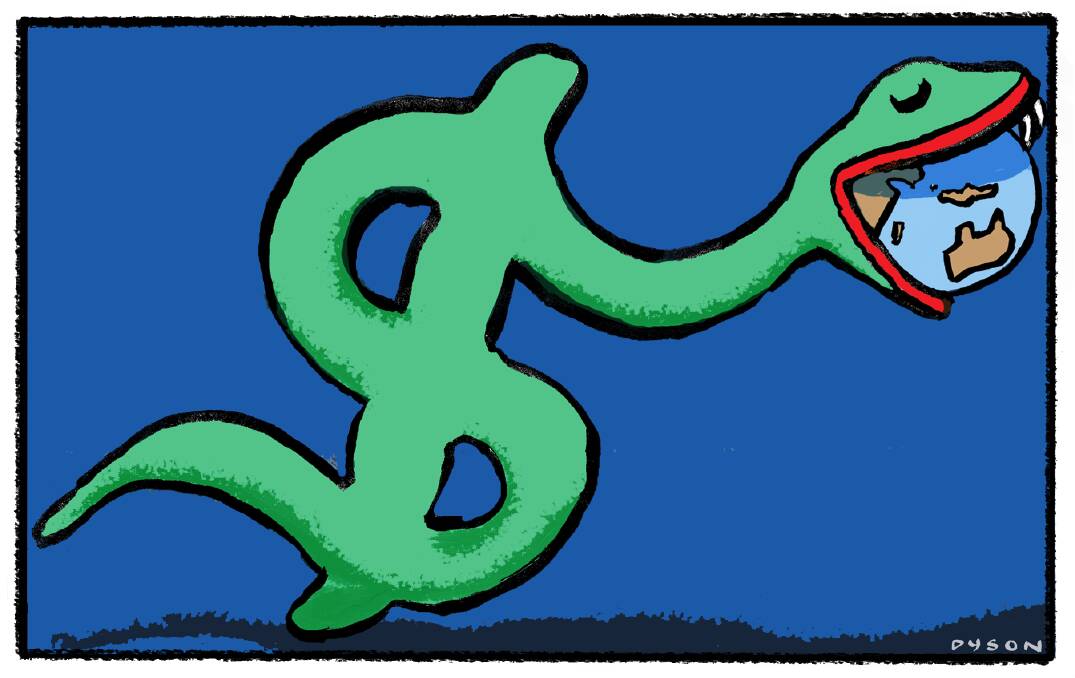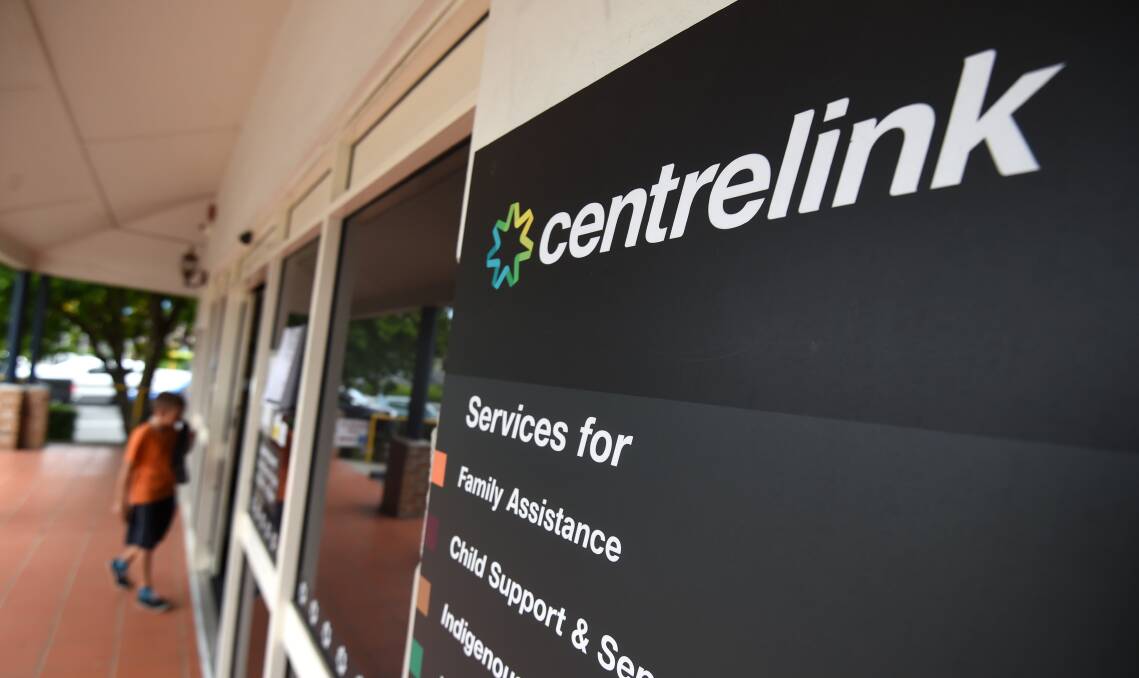In Sydney's Powerhouse Museum you can find a brass plate inscribed with "Sydney Fire Insurance."
Subscribe now for unlimited access.
or signup to continue reading
The museum explains: 'In the days before governments provided firefighting services, fire brigades were owned by insurance companies. These brigades had their own fire appliances and would only put our fires in buildings insured by their own company. Plaques like this one, owned by the Sydney Fire Insurance Co., were placed on the outside of buildings to mark they were insured by that company against fire.'

To go back to this user-pays model of fire-fighting is unthinkable. We get that it just makes sense for us as a society to collectively cover the costs of establishing, resourcing and maintaining fire brigades. We might go through life never having to avail ourselves of their services, despite whatever we might have contributed to their costs. Indeed, we would not wish it upon ourselves! But we wouldn't want to be without them and we would defend the right of everyone to be able to enjoy their protection.
Most of us feel the same way about education, health and social services, including the social protection provided through pensions and other social security payments.
But cracks have long been forming in this logic. We have just witnessed the passing of legislation to allow the most radical flattening of the tax system in our history. The neoliberal agenda has long been chipping away at the principle that the rate of someone's personal taxation should reflect the size of their income and that, of course, corporations should pay their fair share of tax.
Prime Minister Scott Morrison did not write the neoliberal playbook but surely he realises where it will take us.
The marketisation of nearly every corner of our lives has resulted in our gradual acceptance of the profoundly anti-social logic that you should pay for what you use and you should only get what you pay for. Some parents argue, for example, that they pay hefty private school fees so why should their taxes be used to resource a public school system their children do not use. This despite the fact that, as reported following the release of OECD data and analysis, "The proportion of public money being spent on private schooling in Australia is higher than in any other advanced economy and has increased significantly over the last decade..."
Prime Minister Scott Morrison has heralded the user-pays principle as being core to his political philosophy: "If you put in, you get to take out. And you get to keep more." More in line with the fire plaque than the publicly owned fire brigade.
US economist Mark Thoma, writing in The Fiscal Times about the downwards envy that characterises debates about equality and social spending, observed: "Rising inequality and differential exposure to economic risk has caused one group to see themselves as the 'makers' in society who provide for the rest and pay most of the bills, and the other group as 'takers' who get all the benefits."
Thoma continues: ''The upper strata wonders, 'Why should we pay when we get little or none of the benefits?' Even worse, those at the top begin imposing a virtue and vice story to justify their desire to stop paying the taxes needed to support social insurance programs. Those at the top did it all by themselves. Those at the bottom ... are essentially burning down their own houses just to collect the fire insurance ..."

Every time we see another piece of the public sphere being sold off, shut down, run down, privatised, corporatised or marketised, we lose a little more of our collective soul as a society. "What is neoliberalism?" asks French sociologist Pierre Bourdieu. "It is a programme for destroying collective structures which may impede the pure market logic." And so we move closer to a dystopian future, that is already with us in so many subtle and not so subtle ways; a future in which the logic of the market has usurped the practice of solidarity and compassion; a future in which team spirit masks growing economic inequality, misogyny, homophobia, transphobia, racism, Islamophobia, ableism, all the many and varied forms of the practice of exclusion.
A classic example of this is the gutting of Centrelink, with the Department of Human Services spending over $1 billion on outsourcing while staffing levels are irrationally capped at 2007 levels or below, with terrible consequences for the people who need support. And this at a time when, according to Professor Peter Whiteford's analysis, "for many unemployed people, Australia not only doesn't have one of the best safety nets in the world, it has one of the worst."
Prime Minister Morrison did not write the neoliberal playbook but surely he realises where it will take us. As political theorist Wendy Brown astutely observes: "Neoliberalism thus does not merely privatise ... what was formerly publicly supported and valued. Rather, it formulates everything, everywhere, in terms of capital investment and appreciation, including and especially humans themselves."
Which helps us understand why so many of us feel like, instead of government being the means by which we can care for each other, we are being instantly written off or, at best, depreciated over time.
- Dr John Falzon is Senior Fellow, Inequality and Social Justice at Per Capita and is a member of the Australian Services Union.

